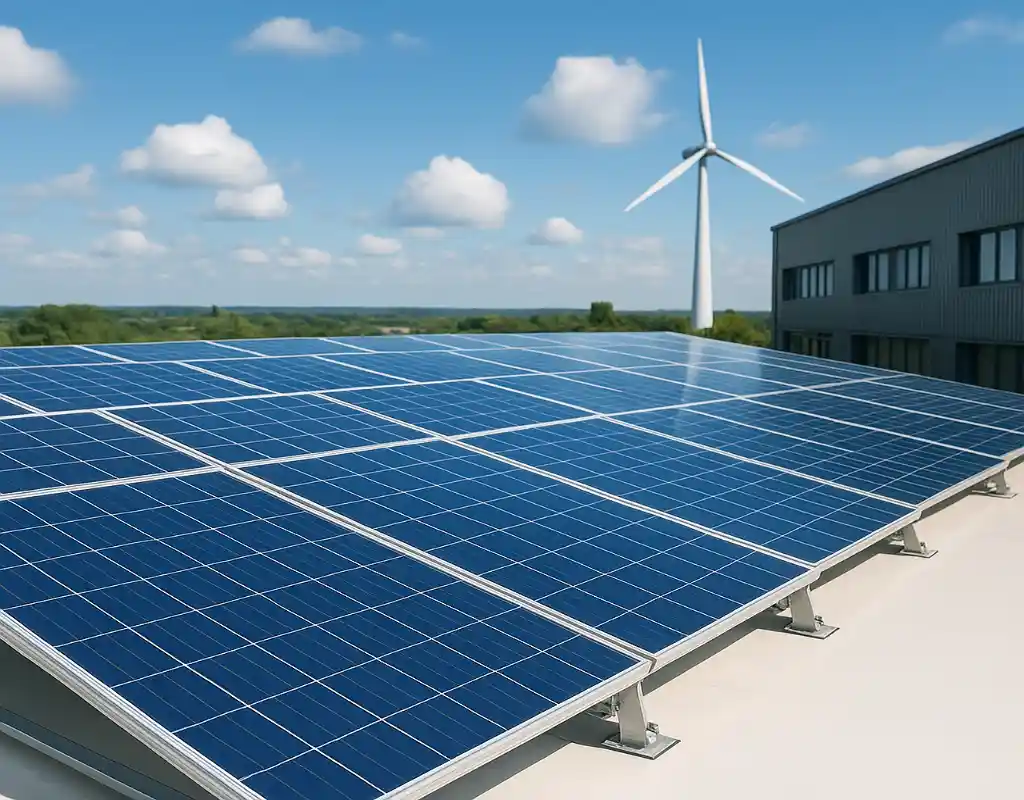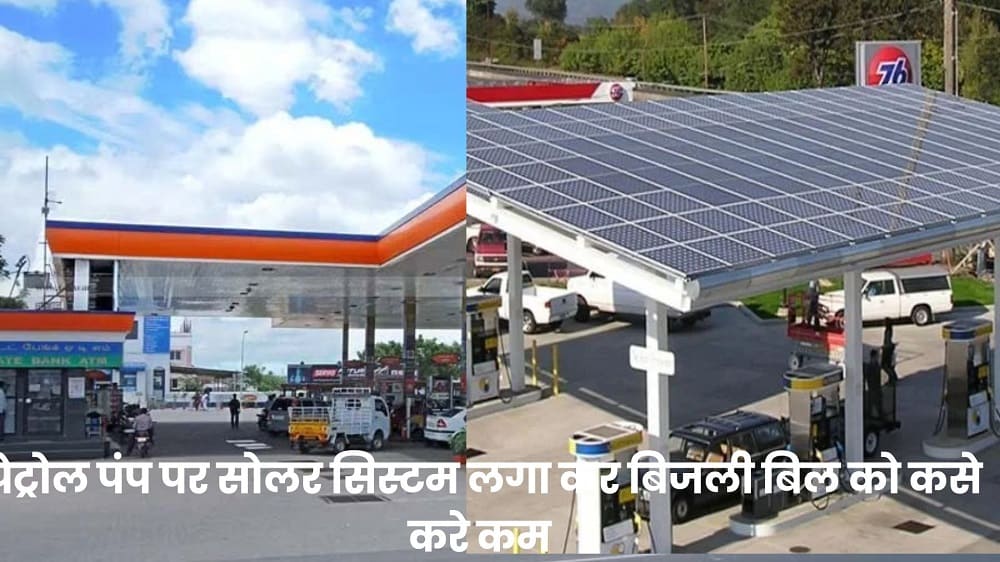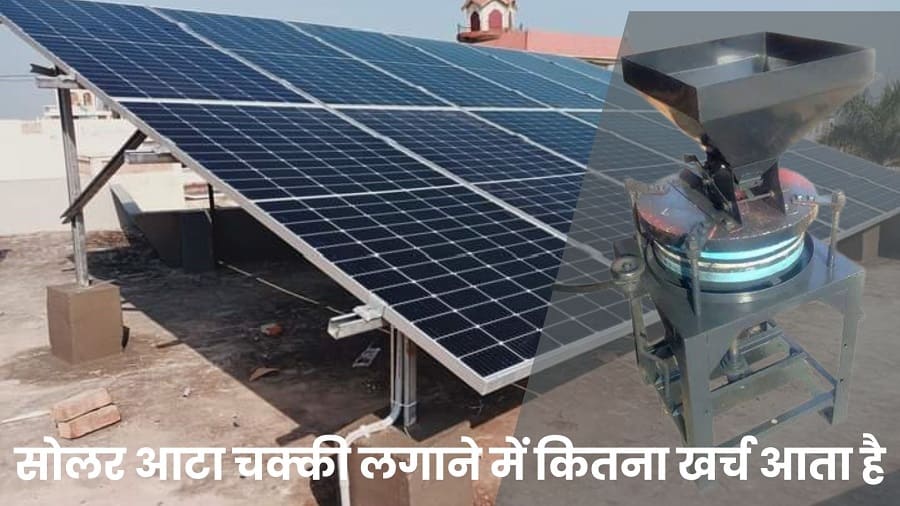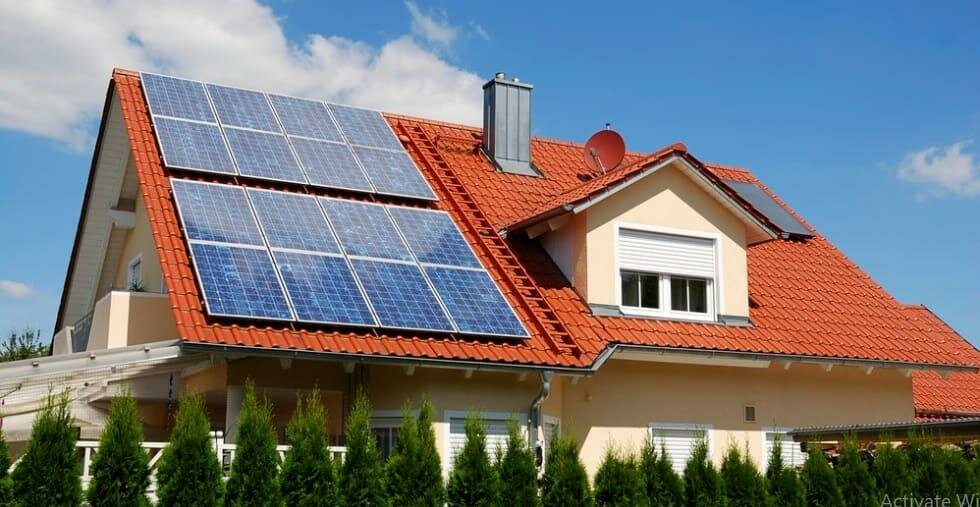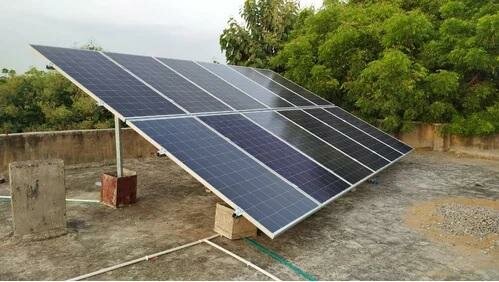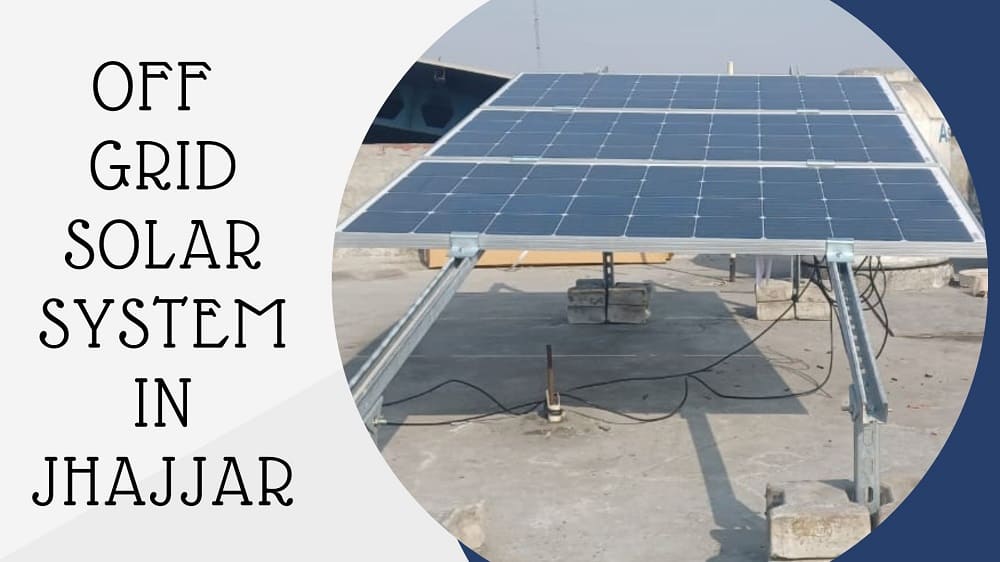The solar sector is evolving beyond conventional rooftop installations, unveiling groundbreaking innovations that merge power generation with architectural aesthetics and functional design.
Architectural Integration
Tomorrow's solar technology focuses on seamless incorporation into existing structures. Solar shingles are redefining roofing by combining protection with energy production, allowing property owners to generate clean power while maintaining visual harmony. Even more revolutionary is solar paint, promising to convert ordinary surfaces into energy-harvesting zones across homes, businesses, and transportation.
See-Through Power Generation
Solar windows showcase the most remarkable advancement – completely clear glass panels that produce electricity without sacrificing transparency or functionality. This breakthrough could convert entire building exteriors into energy-generating systems.
Innovative Design Solutions
Modern urban planning embraces aesthetically pleasing energy solutions like solar trees, which function as both community landmarks and renewable energy sources. Additionally, solar canopies deliver dual benefits by offering protection from elements while collecting solar energy in commercial and recreational areas.
Alternative Applications
Some solar advances focus on light management rather than electrical production. Solar tubes channel natural daylight into interior environments, minimizing artificial lighting needs during daylight hours. On the experimental edge, scientists investigate lunar panels capable of capturing energy from reflected moonlight.
The Transformation
These developments mark a transition from solar technology as an external addition to solar as an integral, invisible component of our constructed spaces. As these innovations advance toward commercial viability, they're positioned to make clean energy production as routine and unobtrusive as standard utilities.
This solar transformation extends beyond changing our energy sources – it's redefining the very appearance and function of our built environment.

